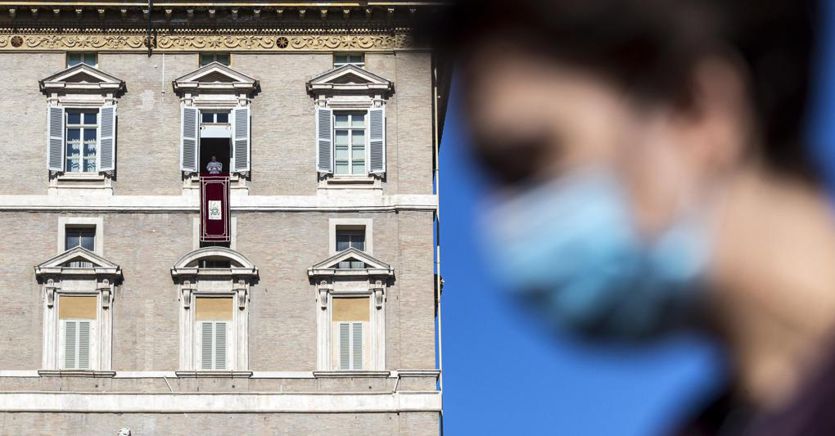The Lateran Pacts are spoken of (in restricted environments) at least once a year, when there is a reception at Palazzo Borromeo, seat of the Italian embassy accredited Oltretevere. The entire top management of both the Italian state and the Church is usually present. Except the Pope, who does not go to receptions. Every year in February, the 1929 signature is remembered – but the Concordat was amended in 1984 – which put an end to the “Roman question” and gave birth to the tiny but still very influential Vatican City State. And now he is also very active in Italian politics again, despite Francesco’s turnaround in recent years. Now from inside the Sacred Palaces, with an official and unprecedented initiative, it is claimed that the Zan bill violates the Concordat.
Ithe Treaty that gives birth to the State (and recognizes substantial compensation)
To understand what we are talking about, we need to see what there is between the two states, which in 1929 signed the so-called Lateran Pacts, then revised as mentioned in 1984. The Pacts are divided into two parts: the Treaty and the Concordat. The Treaty recognized the independence and sovereignty of the Holy See which founded the Vatican City State, with its own territory and extra-territorial areas. Attached to the Treaty was the Financial Convention, which regulated the questions that arose after the spoliation of ecclesiastical bodies. In particular, Italy would have paid 750 million lire and government bonds for one billion on ratification. Following these payments, an investment section of the Church was born, the Special Administration of the Holy See. Years later the IOR will be created.
Loading…
The Concordat which regulates civil and religious relations between the two States
The Concordat defined civil and religious relations in Italy between the Church and the Government. Among other issues, the Italian government agreed to make its marriage and divorce laws conform to those of the Roman Catholic Church and to exempt the clergy from military service. The Pacts guaranteed the Church the recognition of Catholicism as a state religion in Italy, with important consequences on the public school system, such as the institution of teaching the Catholic religion, already present since 1923 and still existing, albeit in different ways. The paragraph of article 1 of the Concordat also recognized the sacred character of the city of Rome, replaced, in article 2.4 of the Villa Madama agreements, by the recognition of the “particular significance that Rome, the bishopric of the Supreme Pontiff, has for catholicity” .
The 1984 Craxi-Casaroli revision: the eight per thousand is born.
As mentioned, the Concordat (but not the Treaty) was revised, after long negotiations, in 1984, basically to remove the clause concerning the state religion of the Catholic Church in Italy. The revision that led to the new Concordat was signed in Villa Madama, Rome, on February 18 by the then Prime Minister Bettino Craxi, for the Italian State, and by Cardinal Agostino Casaroli, Secretary of State, representing the Holy See. The negotiations were carried out by various experts and plenipotentiaries, including Monsignor Achille Silvestrini for the Vatican and Gennaro Acquaviva for the Italian government. The new Concordat established that the Catholic clergy would be financed by a fraction of the total income tax, through the mechanism known as eight per thousand and that the appointment of bishops no longer required the approval of the Italian government.

